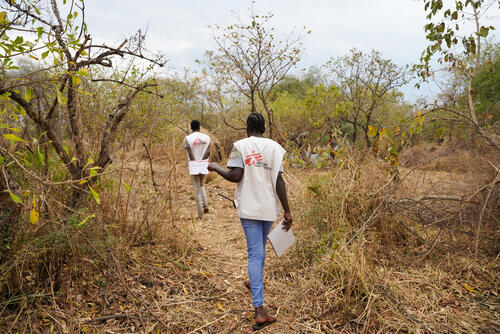Discover all our latest news, stories and publications. Use the filter to get to the content you're looking for.
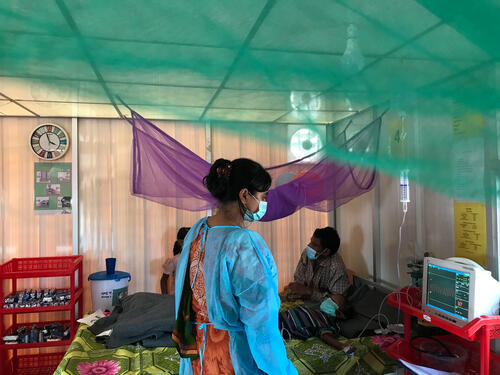
“We had to learn around the clock how to treat diphtheria”
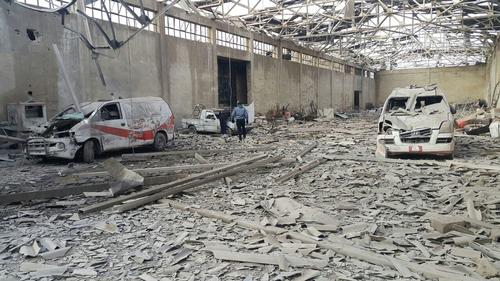
Extraordinary mass-casualty influxes in East Ghouta as hospitals run short of life-saving medicines
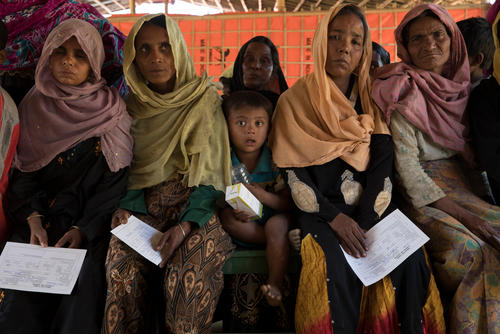
Rohingya exodus - six months into the humanitarian crisis

Humanitarian Wars? - Interview with Rony Brauman
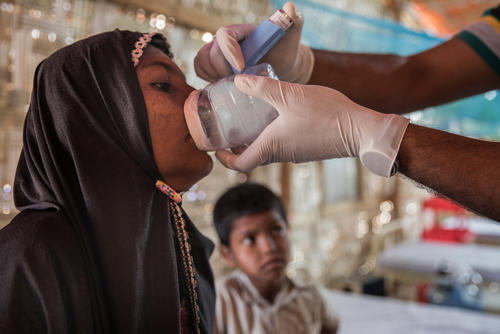
Journey of death and life
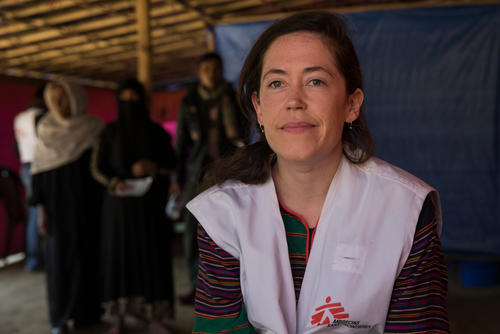
The crisis is not over - Rohingya refugees are still arriving
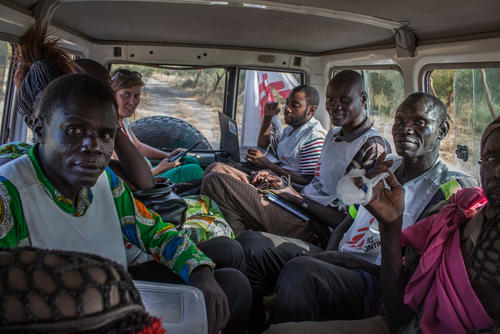
Decentralised healthcare in Upper Nile State
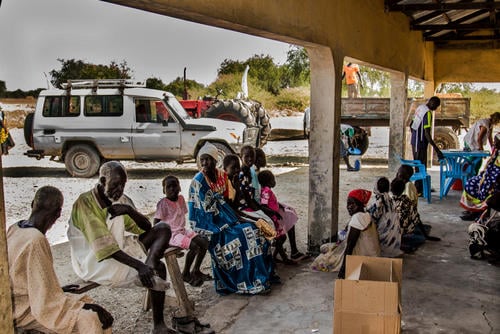
The stark choices facing displaced people in Aburoc

The situation in the northwest is quickly going from very bad to worse

Drug-resistant TB: “Some of our patients simply can’t wait for clinical trials"
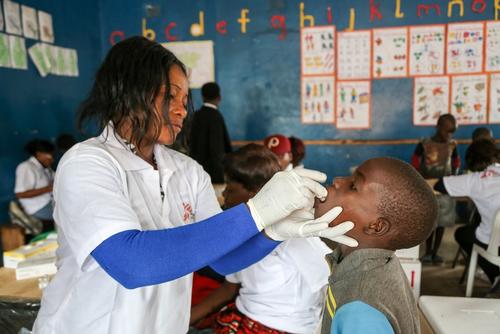
Encouraging new results further demonstrate effectiveness of the single dose oral cholera vaccine
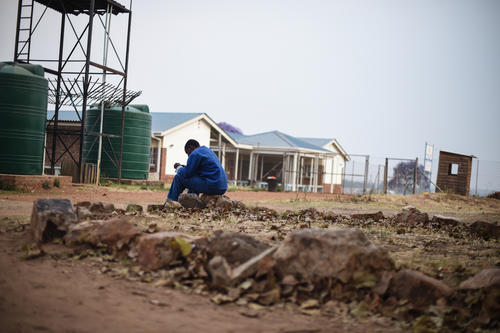
Zimbabwe mental health project
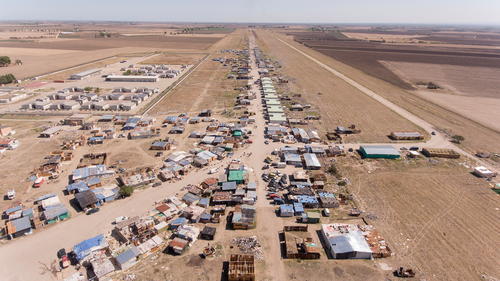
Migrants and refugees on the margins of society
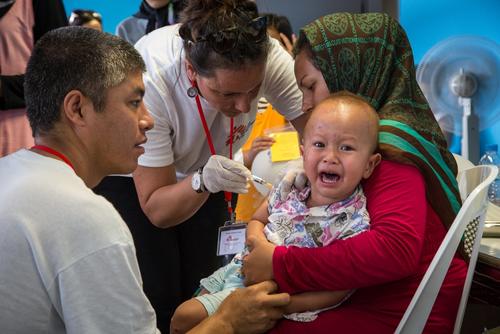
MSF challenges Pfizer’s monopoly on lifesaving pneumonia vaccine in South Korea
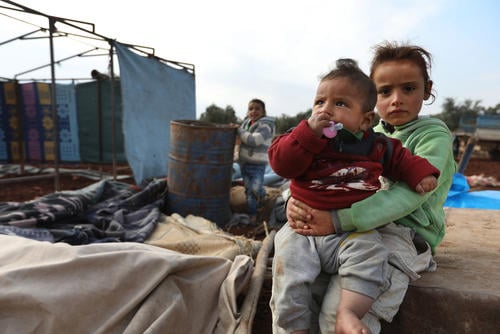
Idlib’s population suffers the consequences of heavy fighting and airstrikes
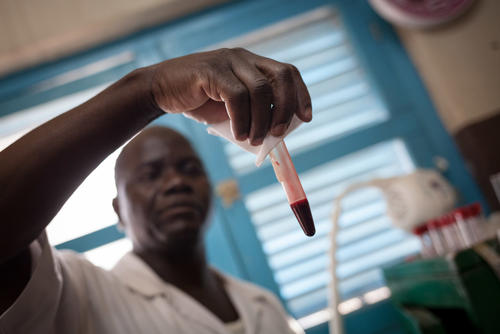
Affordable and quality antivenoms needed for snakebites
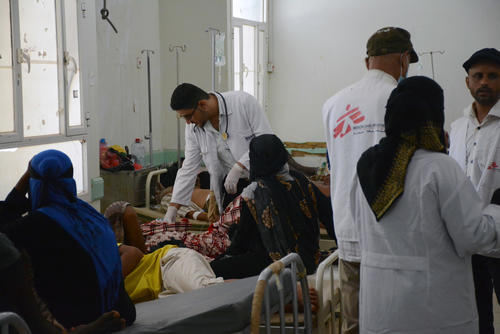
“On an average day in Taiz, we hear around five explosions per minute”
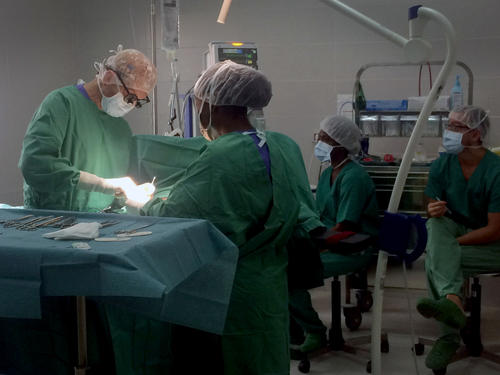
MSF opens paediatric surgery programme
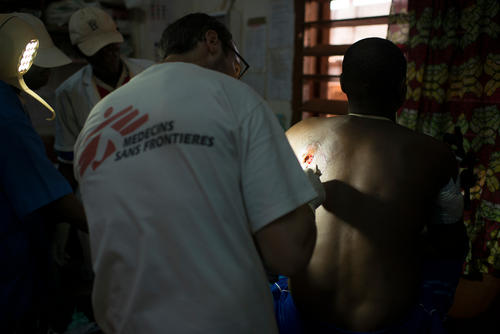
Renewed violence threatens people and healthcare in Bria
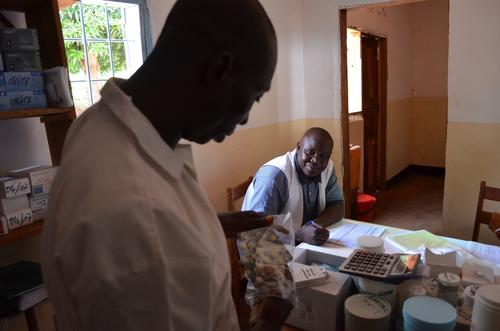
“It was horrible leaving our patients behind when they needed us”
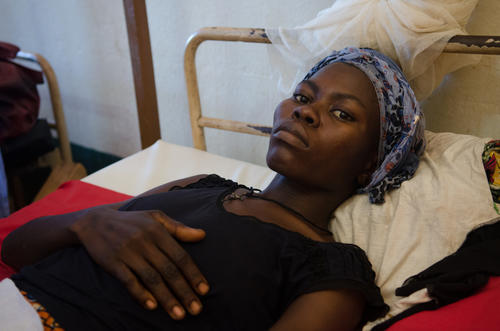
Attacks on medical facilities leave people without options

MSF-supported hospital in Idlib closed after damage from airstrikes
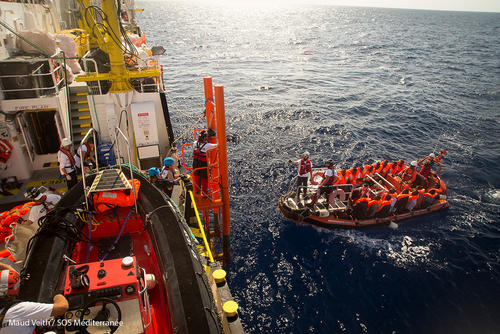
Medical care for refugees and migrants along Central Mediterranean route

99 survivors rescued from sinking dinghy but many presumed drowned

How we deliver medical humanitarian assistance
Everywhere we work, the circumstances are unique. Nonetheless, our programmes generally follow a common set of practices designed to make sure our resources and expertise are used to maximum effect.



